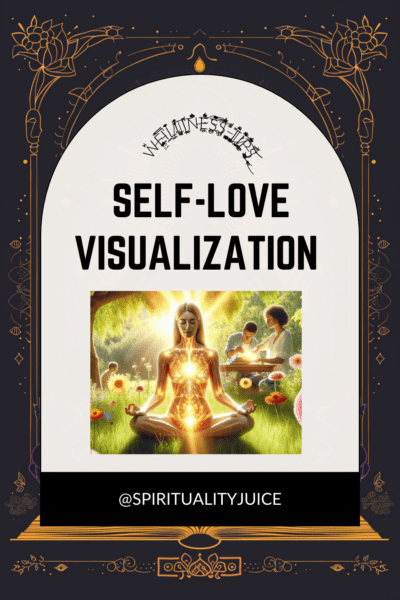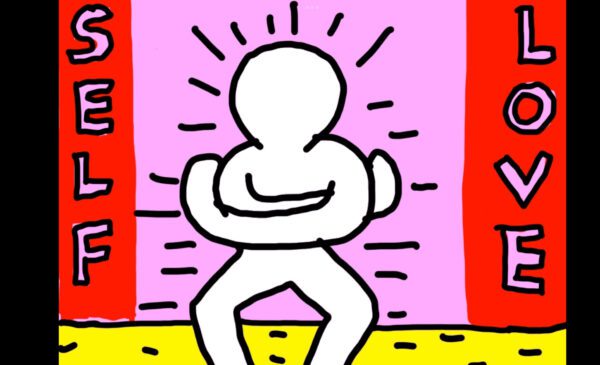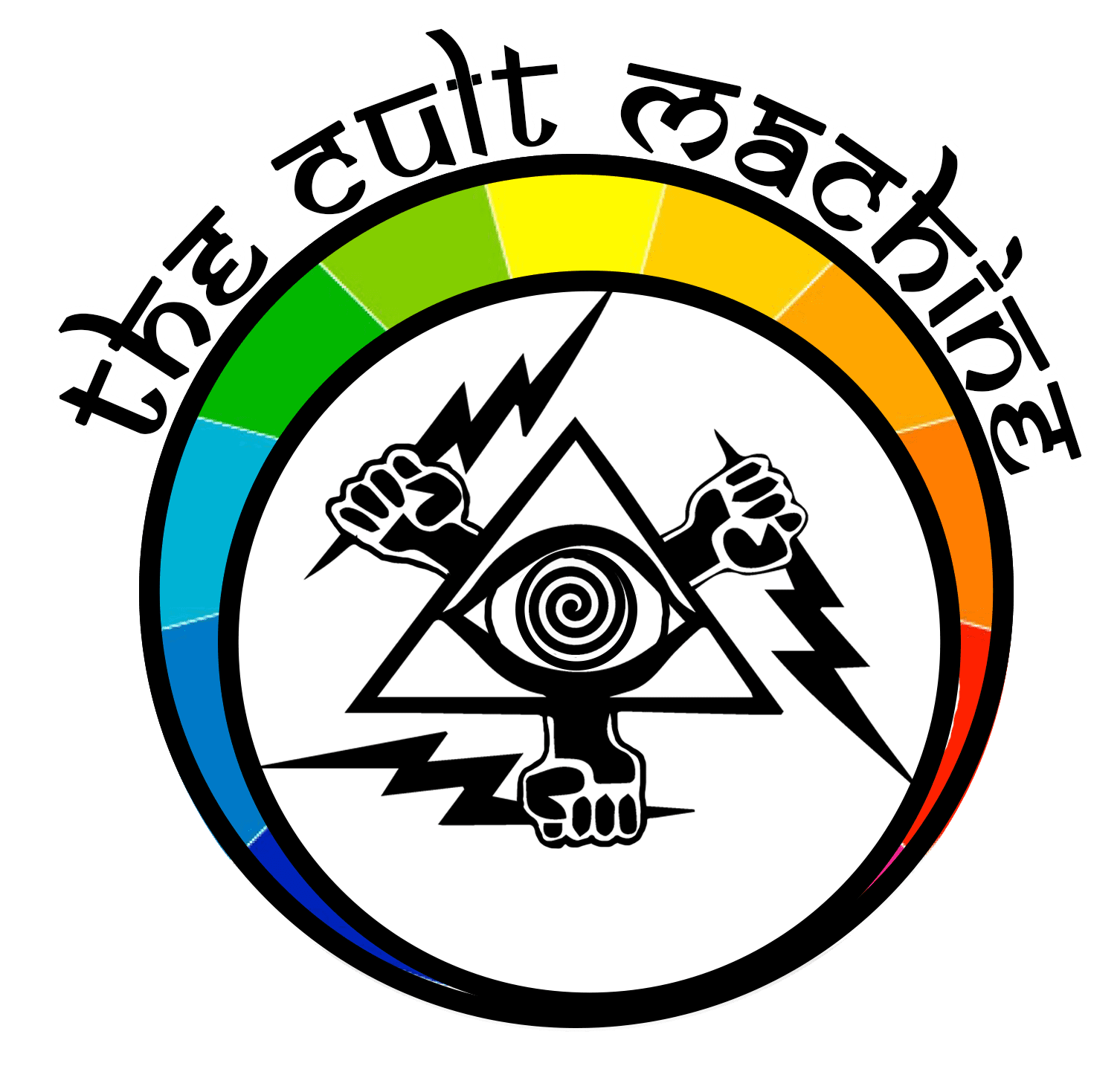Anthropology of Magic
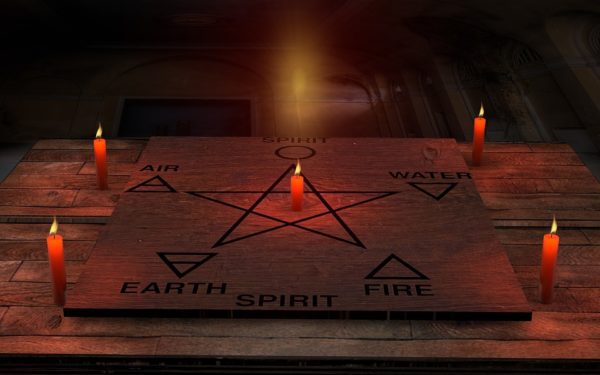
Civilizations around the world believe that using ritual prescriptions, supernatural powers can be coerced to act in certain ways for good or ill purposes. In a way, these formulas are magical. Crops might be improved, game herds refilled, disease cured or avoided, and animals and people impregnated by doing certain magical actions in a specific way. This is in stark contrast to television and stage “magic,” which relies on deception and deception rather than supernatural power.
There are two key ways in which those who believe magic is an effective means for creating supernatural events believe this to happen. Sympathy and contagion. Sympathetic magic is that “like produces like.” For example, whatever occurs to a person’s image will likewise happen to that person. This is the basis for the use of Voodoo dolls in Haitian folklore. If a pin is inserted into the doll’s stomach, the person to whom it is a likeness is likely to feel discomfort in his or her stomach at the same time. Imitative magic is another term for sympathetic magic. Contagious magic is founded on the idea that once things or people come into contact, they can influence one another. In other words, it is thought that an individual’s bond with any portion of his or her body is permanent.
As a result, believers must exercise more vigilance when it comes to their hair, fingernails, teeth, clothing, and feces. If these artifacts were obtained, magic may be performed on them. Which caused the person from whom they came to be afflicted. Someone may, for example, use your fingernail clippings in a magical ritual to make you adore them or make you sick and die.
What Exactly is Magic?
“What is magic?” is a fundamental question. My definition emphasizes humanity’s role in the cosmos. Being human means being connected, and the universe is susceptible to human actions and will. Religion views human links to the cosmos through a single deity or many gods who direct the universe, whereas science invites humans to step back from the universe and study it in a detached, objective, and abstract manner.
Magic, religion, and science each have their own set of advantages and disadvantages. It isn’t a matter of choosing one over the other; science enables us to comprehend the universe in order to affect and alter it. Religion, on the other hand, is based on a sense of transcendence and wonder. We’re immersed in forces and flows of energy that influence our psychological states and well-being, and we may also alter these flows and forces, according to magic.
Magic is ingrained in local cultures and ways of being. There isn’t a single form of magic, but a wide range, as evidenced by even a cursory examination. On the Eurasian steppe, for example, stories of shamanism depict people transforming into animals or traveling to the spirit realm to avoid disease, death, and displacement.
In many civilizations, including many African and Chinese societies, ancestors have an impact on the living. Complex kinds of divination are revealed in a Bronze Age tomb in China, with the dead replying to the living. Fu Hao, who is buried in the tomb pictured below, inquired of her predecessors about military victories and the outcomes of pregnancies, but was afterwards interrogated by her descendants concerning their fate after death.
Mages with Clout
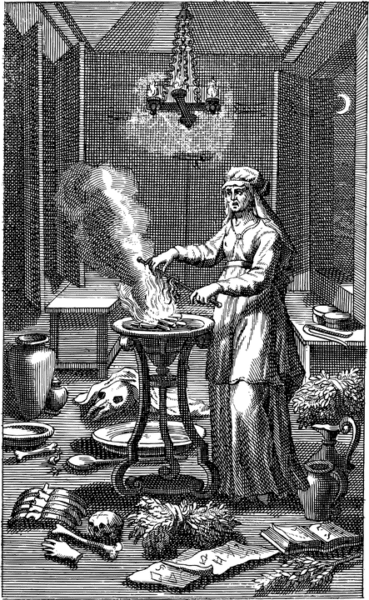
Magicians were used by British royalty: Dr. John Dee, a well-known “conjurer” – and a possible basis for Prospero in Shakespeare’s Tempest – was asked by Queen Elizabeth I to identify the most auspicious date for her coronation, and she encouraged him to try alchemy.
Isaac Newton devoted most of the ensuing century to alchemy and Biblical prophecy. The economist John Maynard Keynes referred to him as the “last of the magicians,” rather than the “first” of the Age of Reason. Magic, science, and religion were all intertwined in Newton’s thoughts with each serving as a tool for probing the universe’s deepest secrets.
Many people around the world still believe in magic, which does not make it “real” in any scientific sense but does demonstrate its potency. We are entering a period of transition and catastrophe, triggered by environmental degradation, human inequity, and misery. We require all of the intellectual and cultural resources available to us.
Evidence of Magic in Religion?
There is no place for natural causes or chance in a belief system that emphasizes magic as the most logical explanation for disease, accidents, and other unexpected occurrences. The explanation is witchcraft, which can be the source of most effects. The reality of witchcraft cannot be easily denied with arguments since it can be done in secrecy. The fact that there is no evidence that witchcraft was employed against them does not deter believers. You might, for example, get up in the middle of the night to obtain a drink of water. You tumble over a chair in the dark on your way there, breaking your leg. It’s possible that you believe it was an accident.
If you believe in witchcraft, though, you would wonder why this accident happened to you and why it happened now. The answer is magic conducted in secret by someone who wishes to harm you. The only questions that can be asked are who did the magic and why. These can be answered by divination. Divination is a magical method for determining the cause of a certain occurrence or the future. Once the guilty party has been identified, retribution can be obtained through public exposure and punishment, as well as through counter witchcraft.
Divination
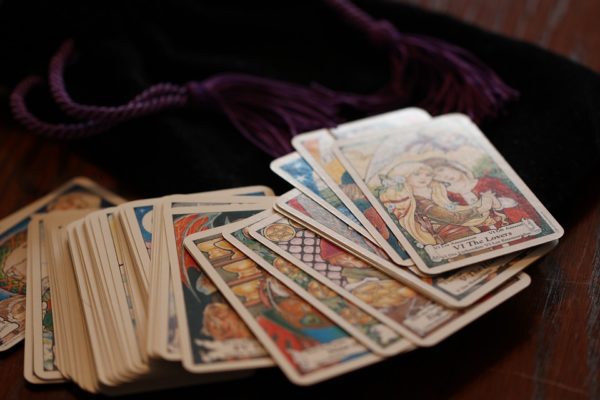
Many various methods of divination are used all throughout the world. Shamans typically enter a trance to receive answers from their spirit guides. By autopsying chickens and studying the health of their livers, the ancient Romans might predict the outcome of battles or economic dealings. Many people in the United States still believe in divination today. There are people who make a living by scrutinizing objects like tea leaves at the bottom of a cup, lines on the hand, and tarot cards to predict the future for their clients.
Mental Illness and Magic
Mental illness is sometimes explained with witchcraft or the deeds of supernatural beings and forces in communities where magic and witchcraft are acknowledged as realities. Folk healers in Nigeria are approved by the government to treat persons with mental illnesses using supernatural techniques and herbal treatments. Nigeria also issues licenses to doctors trained in Western medicine, which rejects the notion that illness is caused by magic or other supernatural factors. However, Western-trained doctors and traditional healers frequently collaborate and send each other patients they can’t cure with their own methods.
Witchcraft: Something to Fear?
When there is widespread belief in witchcraft in a community, it can be used to exert social control. In such communities, antisocial or otherwise abnormal behavior frequently leads to a person being classified as a witch. Because witches are feared and frequently ostracized or killed when detected, the threat of being suspected of witchcraft can be enough to induce modal behavior.
Magic and Western Religion
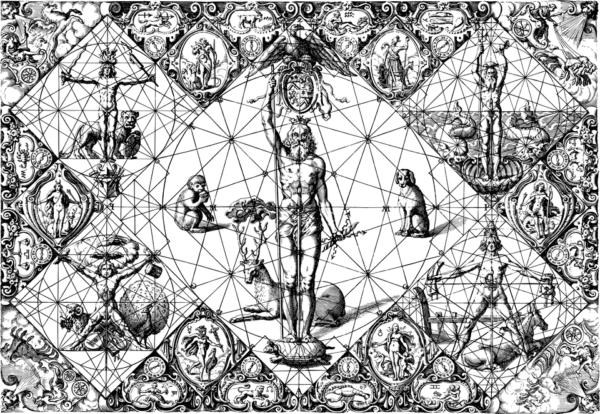
In the West, “magic” is frequently defined as bad or as distinct from “civilized” religions like Christianity, and from scientific observation and study of the world. Magic played an important role in the development of Christianity and other religions, as well as the progress of science.
Experts in ancient magic and early Christianity investigate how magic aided the formation of early Christian identities. Morality, or the inner sense of right and wrong that informs life decisions, was one aspect of this identity. Of course, there is a darker side to this development: perceiving one’s own tradition as morally superior and properly powerful.
Magic is frequently defined in Western culture as being in opposition to religion and science. This is problematic because colonialism underpins all three conceptions. Many European scholars have based their ideas of religion on Christianity for centuries, while labeling non-Christian behaviors and beliefs as “primitive,” “superstitious,” or “magical.” This superiority allowed Europe’s Christian rulers to justify conquering and exploiting Indigenous peoples around the world in the name of “civilizing” them. Frequently by using excessive violence. Imperialist legacies still influence how many view non-Christians as “others,” as well as how they describe other people’s rituals and religions as “magic.”
Modern Notions
This modern notion of magic, on the other hand, does not simply map onto the world of the early Christians. “Magic” has always had a wide range of interpretations. According to experts, the word “magu” was derived from the Persian word “magu,” which may have referred to a class of priests with royal ties. These “magi” were sometimes shown as performing divination, rituals, or instructing young males who would succeed to the king.
Greek texts preserved the previous meaning while also adding new ones. According to Herodotus, a great ancient Greek historian, the Persian magi interpreted dreams, read the heavens, and performed sacrifices. The Greek word “magos” is used by Herodotus. Latin authors began to modify the Persian phrase into “magus” in the first century B.C. The second-century philosopher Apuleius claimed he was both and was not a “magician.” At the time he was defending himself at trial for conducting “bad deeds of magic.” He maintained that he was more akin to a natural philosopher than someone who gets what they desire through nefarious ways. What’s noteworthy is that Apuleius employs one concept of high philosophical magic to fight another concept of crass, self-serving magic.
Magic and Christianity
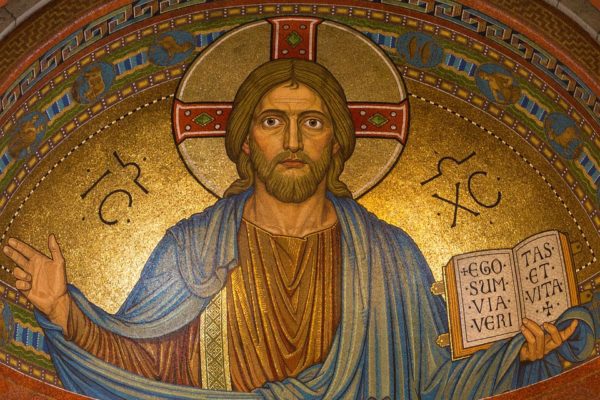
Along with their Roman neighbors, the first Christians inherited a wide range of magical beliefs. People who performed “magical” actions such as exorcisms and healing were frequent in their civilization. Such folks were also known to interpret religious and philosophical books and ideas.
This raised a challenge for early Christian authors. How could a group seeking followers compete with “magicians” if wonderful deeds were reasonably common? After all, Jesus and the Apostles performed miraculous feats as well. As a result, Christian authors established distinctions to exalt their heroes.
Take, for example, the biblical narrative of Simon the sorcerer. In Acts 8, Simon’s miraculous deeds allure and persuade the Samaritans to join him. Until the evangelist Philip performs even more spectacular miracles, converting all of the Samaritans as well as Simon. Simon relapses when he tries to buy the Holy Spirit’s power, prompting the Apostle Peter to reprimand him. The sin of simony, the buying of religious office, is first mentioned in this narrative.
Texts like these, on the other hand, do not depict actual events. They’re instructional materials designed to show new believers the distinctions between good Christian miracle workers and malevolent magicians. Because miracle workers resembled each other, the first converts required such stories.
Morality and Christianity
Jesus’ miracles probably didn’t appear all that different from the tricks that magicians performed for money in the marketplace to some ancient people. Indeed, the church fathers had to defend Jesus and the Apostles from allegations of witchcraft. Origen of Alexandria defended Christianity against Celsus, a pagan philosopher who accused Jesus of being a magician, in the middle of the third century A.D.
The miracles of Jesus, according to Celsus, were no different from the magic done by sorcerers in the marketplace. Origen recognized that the two had superficial parallels. But he stated that they were fundamentally distinct since magicians played with devils, while Jesus’ miracles brought about moral transformation. Origen’s argument with Celsus aimed to teach audiences to distinguish between morally problematic magicians who sought personal gain and miracle workers who acted for the good of others.
Because ancient audiences were just as enthralled by magic as modern audiences, ancient authors constructed the belief that Christian miracles had inherent moral superiority over non-Christian sorcery. However, by placing Christianity above magic, these authors constructed erroneous divisions that persist to this day.
The Bottom Line
Magic fosters a sense of belonging to the universe. With kinship comes responsibility and care. Raising the prospect that grasping magic, one of humanity’s oldest traditions, can provide us with new and urgent insights now. Regardless of your personal belief in magic and how it works, it is something that has endured through the ages. And it will continue on for the foreseeable future both in religion and outside of it.

